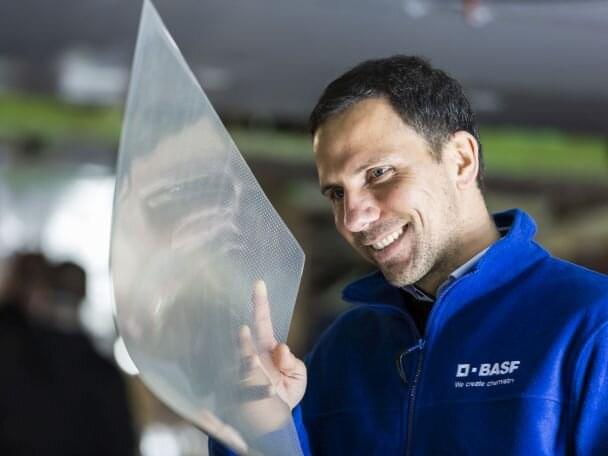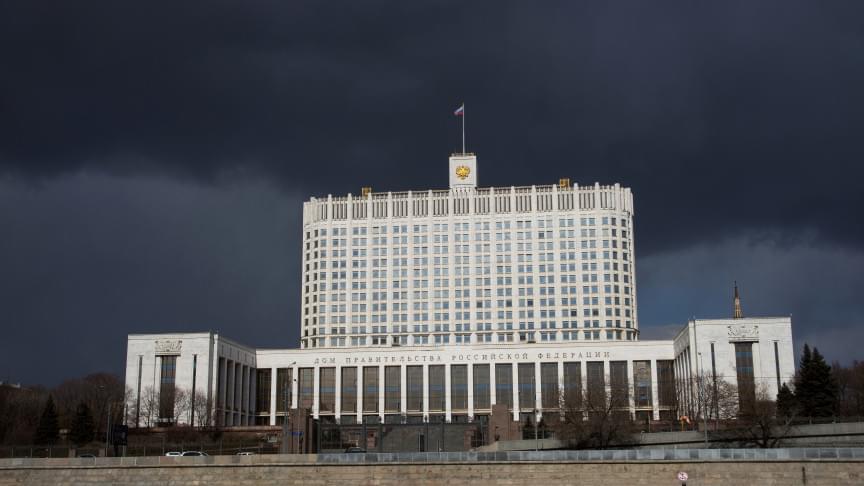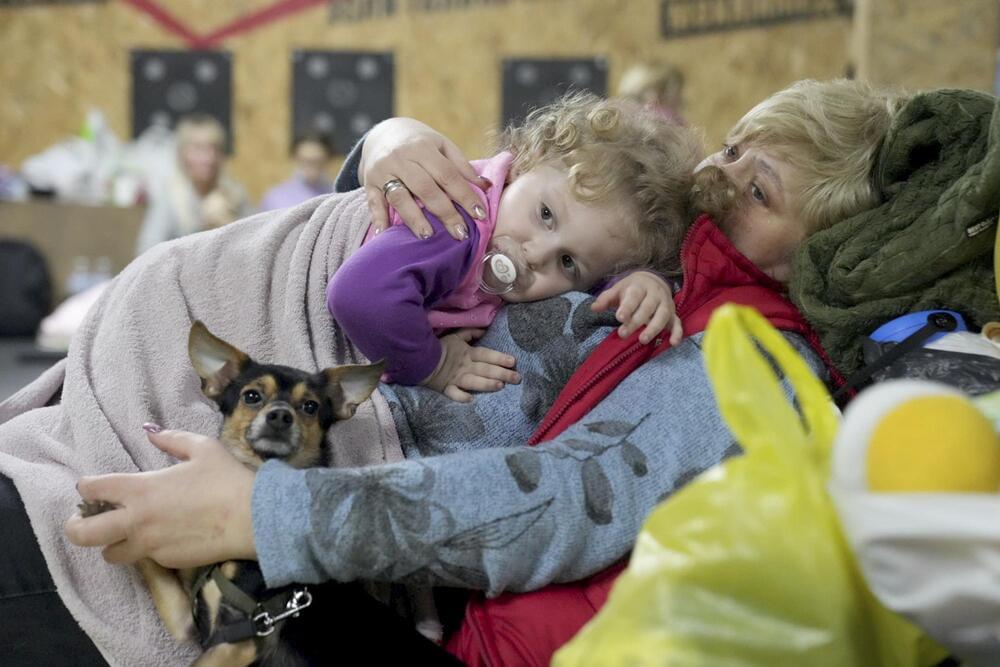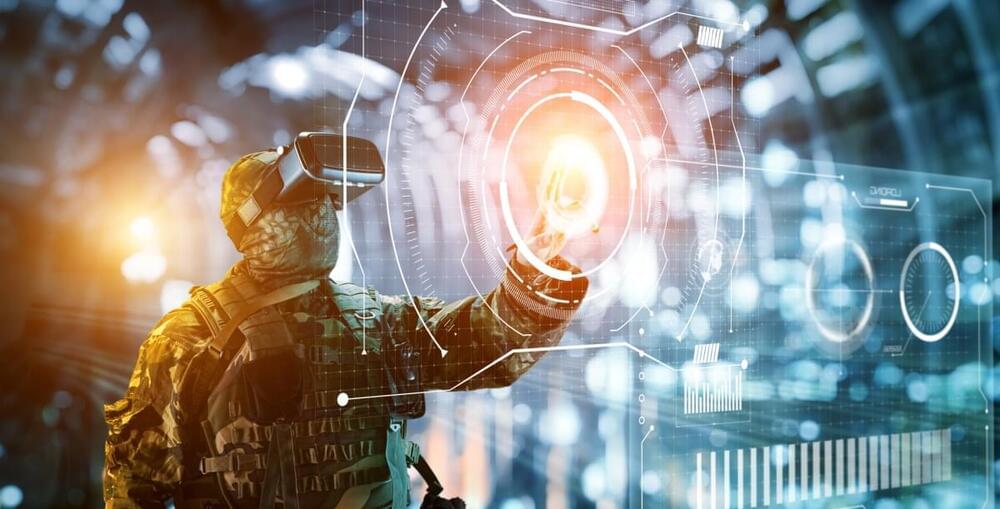Page 5382
Feb 27, 2022
China to fund infrastructure projects for a greener world
Posted by Gemechu Taye in category: policy
Feb 27, 2022
Physicists get closer than ever to measuring the elusive neutrino
Posted by Genevieve Klien in category: particle physics
Feb 27, 2022
Developing Time Crystals for Use in Real-World Applications
Posted by Genevieve Klien in categories: particle physics, space
Time crystals that persist indefinitely at room temperature could have applications in precision timekeeping.
We have all seen crystals, whether a simple grain of salt or sugar, or an elaborate and beautiful amethyst. These crystals are made of atoms or molecules repeating in a symmetrical three-dimensional pattern called a lattice, in which atoms occupy specific points in space. By forming a periodic lattice, carbon atoms in a diamond, for example, break the symmetry of the space they sit in. Physicists call this “breaking symmetry.”
Scientists have recently discovered that a similar effect can be witnessed in time. Symmetry breaking, as the name suggests, can arise only where some sort of symmetry exists. In the time domain, a cyclically changing force or energy source naturally produces a temporal pattern.
Feb 27, 2022
Biologists successfully hatched gene-edited ticks for the first time
Posted by Genevieve Klien in categories: biotech/medical, genetics
A five-year experiment to genetically modify deer ticks, or black-legged ticks, using CRISPR/Cas9 ends in success, marking a first in biology.
Feb 27, 2022
Startups scramble in wake of Ukraine invasion
Posted by Genevieve Klien in category: robotics/AI
Welcome to Startups Weekly, a fresh human-first take on this week’s startup news and trends. To get this in your inbox, subscribe here.
I’m doing an abbreviated newsletter this week as I want to spend most of my energy amplifying the brave journalists on the ground reporting about this scary time. As so many have said — far more eloquently than me — the invasion of Ukraine is a story that impacts all of us, whether we’re on the ground there or not. And it’s hard to celebrate a funding round when scary times are the moment.
My brilliant colleagues put together a story on how the tech industry is responding to Russia’s invasion of Ukraine; I urge you to read it. While the situation is still ongoing, it’s clear that it’s already a tech story. And startups such as Grammarly, Ajax, People AI and Preply, backed by some of the world’s biggest VCs, are scrambling to support employees and operations amid the invasion.
Feb 27, 2022
Florida man bought Tesla storage batteries for his solar system, pays almost nothing to FPL
Posted by Genevieve Klien in categories: climatology, habitats, sustainability
Fred Closter doesn’t like Florida Power & Light.
When the Boynton Beach retiree spent $24,000 to install solar panels on the roof of his Boynton Beach home a year ago, he decided not to rely on the utility to power his home when the panels weren’t generating electricity at night and when it rains.
So he dropped another $16,000 on two large lithium ion batteries made by Tesla that can power the home for up to a day and a half if his panels aren’t producing. If a hurricane or other severe storm with the potential to create power outages approaches, the Closters’ solar provider, SunPower, will remotely direct the system to charge their batteries so their power won’t be interrupted.
Feb 27, 2022
Putin puts nuclear forces on high alert, escalating tensions
Posted by Sergio Tarrero in category: military
KYIV, Ukraine (AP) — In a dramatic escalation of East-West tensions over Russia’s invasion of Ukraine, President Vladimir Putin ordered Russian nuclear forces put on high alert Sunday in response to what he called “aggressive statements” by leading NATO powers.
The order to put Russia’s nuclear weapons in an increased state of readiness for launch raised fears that the crisis could boil over into nuclear warfare, whether by design or miscalculation.
Amid the mounting tensions, Ukraine announced that a delegation would meet with Russian officials for talks. But the Kremlin’s ultimate intentions toward Ukraine — and what steps might be enough to satisfy Moscow — remained unclear.
Feb 27, 2022
AeroSHARK thin film reduces drag on airplanes
Posted by Shubham Ghosh Roy in categories: chemistry, energy, transportation

A collaboration between engineers at Lufthansa Technik and chemicals and coatings manufacturer BASF has resulted in the creation of AeroSHARK—a thin film coating that can be applied to an aircraft’s outer skin to reduce drag and thus fuel consumption and carbon emissions. Swiss International Airlines has posted a blog entry on their website describing the film and the benefits the company expects to get from it. Lufthansa Technik has also posted a blog entry detailing the development of AeroSHARK.
The thin film was developed as part of an effort kicked off by engineers at Lufthansa looking for ways to reduce the cost of fuel for their planes. To that end, they looked to nature, and more specifically, sharks—creatures who have been streamlined over millions of years of evolution. The researchers found that shark skin is covered with millions of “riblets,” which are protrusions that run the length of their bodies. The engineers then teamed up with a group at BASF to create a similar type of skin for aircraft. The result was the creation of AeroSHARK, a clear, thin skin with millions of riblets, each just 50 micrometers high. Testing showed that the material reduces drag.
Continue reading “AeroSHARK thin film reduces drag on airplanes” »
Feb 27, 2022
War in Ukraine indicates cybersecurity is no longer a choice
Posted by Shubham Ghosh Roy in categories: cybercrime/malcode, military
The publication in the Military-Industrial Kurier (VPK) on February 26, 2013, of an article by the Russian Chief of the General Staff, General Valery Gerasimov, entitled “The Value of Science in Foresight” [in Russian], has been seen by some analysts as a turning point in Russian military doctrine and the beginning of an explicit strategy of hybrid warfare. Indeed, information and cyber operations were an integral feature of Russia’s annexation of the Crimean Peninsula in 2014. Yet, the principal thesis of Gerasimov’s article is that alternative methods of conflict can be found to offset asymmetric disadvantages created by a superior enemy force. Such methods demand the application of the entire military-industrial complex to yield innovations in technology and tactics – the results of which can be seen in the proliferation of APT actors and computational propaganda operations observed by Western countries and their allies.
While we can only hope for a rapid cessation of the fighting in Ukraine, the consequences of Russian military intervention will extend far beyond the battlefield in years to come. Renewed focus and accelerated innovation and adoption of new technologies to protect the data and applications that Western societies depend on is now an imperative, not a choice – this is Gerasimov’s lesson.
The distinctions between war and peace, combatant and civilian, state actor and criminal proxy, are blurred in what has been termed the “fifth domain” of military operations. Collective cybersecurity in response to the increased prospect of cyberattack will demand not only political leadership, international cooperation, and industrial collaboration, but also the active participation of companies and individuals in the manner of civil defense, reminiscent of the Cold War. With the change in the world order brought about by Russia’s military action in Ukraine, we are all now standing on the frontline of cybersecurity.

















